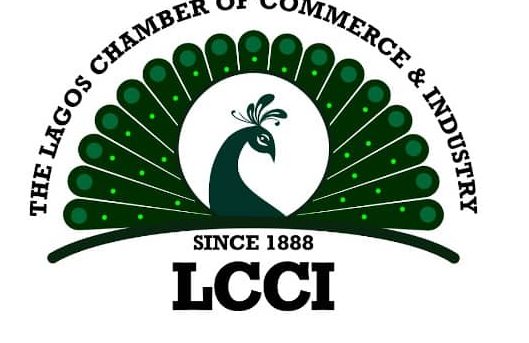The Lagos Chamber of Commerce and Industry has declared that the recent sharp drop in the inflation rate from 34.8 percent to 24.48 percent is primarily due to the rebasing of the Consumer Price Index rather than a real reduction in price levels.
To this end, it called on the Central Bank of Nigeria to carefully adjust monetary policies, ensuring interest rate decisions strike a balance between controlling inflation and sustaining economic growth.
These were contained in a statement the Chamber made available to journalists, on Tuesday.
The LCCI reiterated that rebasing typically updates the weight of different goods and services in the inflation basket, to better reflect current consumption patterns.

The statement related: “The drop in inflation from 34.8% to 24.48% is due to a change in measurement rather than a real decline in prices.
Also Read:
- Cross River: Endemic fraud, paucity of funds delay payment of gratuity -Otu
- NDDC urges Niger Delta girls to embrace digital education
- Police declare 23-year-old girl missing in Ogun
- Broadcast: Governor Adeleke tasks politicians on rule of law, urges peaceful LG poll
- IG decorates three newly promoted AIGs, 16 CPs
“The previous method likely overemphasized food inflation, while the new approach incorporates updated economic data and adjusted weightings.
“This difference does not indicate a sharp fall in prices but a revised way of calculating inflation.
“Despite the lower reported rate, inflation remains high, meaning prices are still rising, just at a slower pace.
“Does a decreased inflation rate change anything about the living standards of Nigerians.”
It said a lower inflation rate may seem positive, but it does not automatically improve living standards.
It affirmed that prices are still rising, wages remain stagnant, and unemployment was high, keeping real incomes under pressure.
The statement added: “The rebased inflation rate only reflects a different measurement, not an actual drop in prices.
“For most Nigerians, essential costs like food and transportation remain high, meaning living conditions will not improve unless there is a real reduction in the cost of necessities.
“How should the government adjust its economic policies based on this new inflation report?
“While the rebased inflation rate provides policymakers with a clearer view of economic trends, it does not resolve the rising cost of living.
“The government must implement targeted interventions to address inflationary pressures and improve economic stability.
“One key priority is tackling food inflation, which accounts for over 50% of price increases. Policies should focus on boosting agricultural productivity, reducing post-harvest losses, and improving transportation and storage infrastructure to ensure food affordability.”
The LCCI asserted that stabilising the exchange rate is crucial, as naira devaluation has been a major driver of inflation, stressing that encouraging local production and reducing reliance on imports can help strengthen the currency and control price surges.
It added that fiscal discipline is also essential as excessive government borrowing and deficit spending contribute to inflation.
The Chamber called for a slash on unnecessary expenditures, while prioritising infrastructure and social investments, approaches it declared could help to manage inflationary pressures.


